-
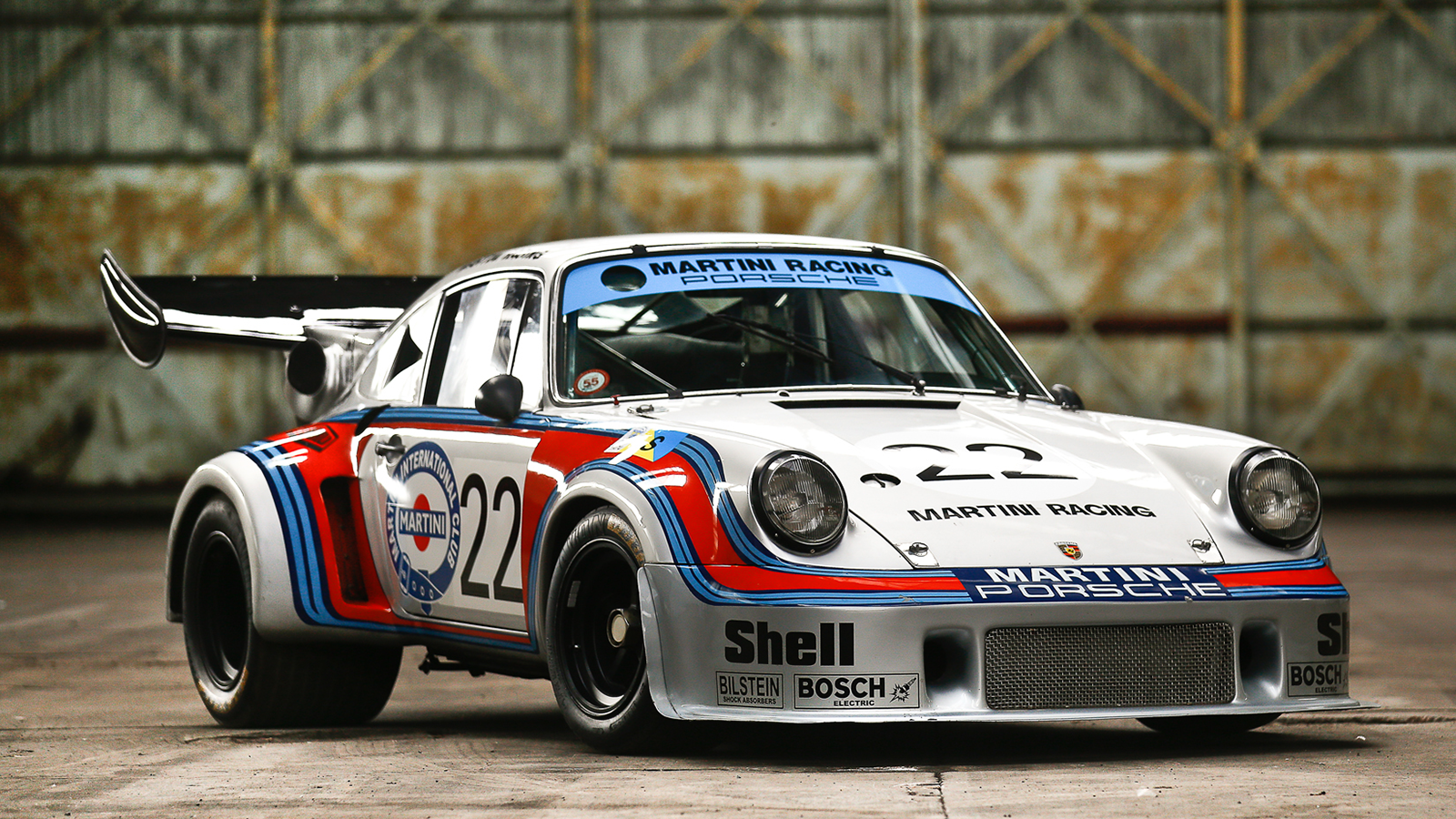 © Gooding & Company/Mathieu Heurtault
© Gooding & Company/Mathieu Heurtault -
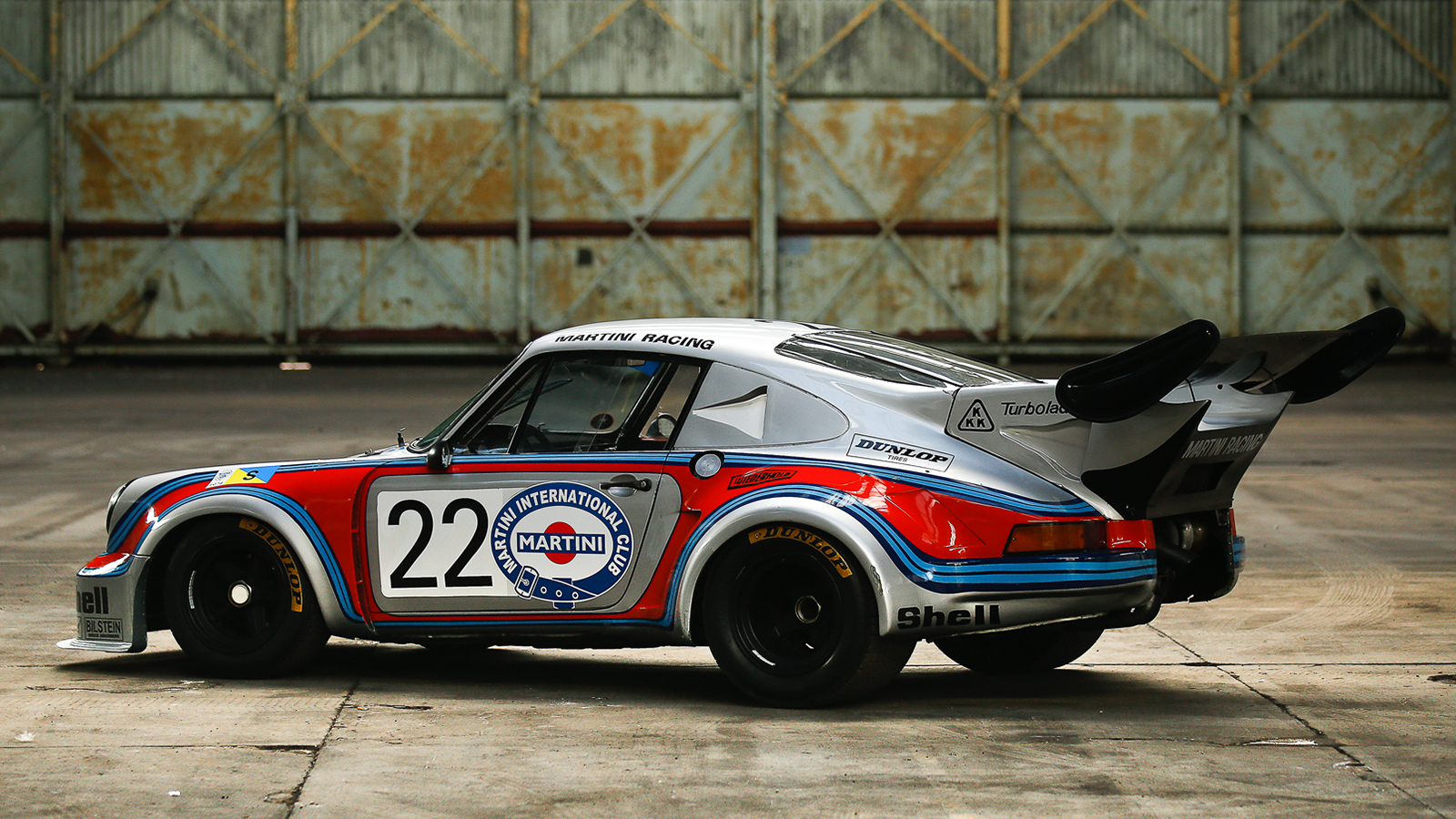 © Gooding & Company/Mathieu Heurtault
© Gooding & Company/Mathieu Heurtault -
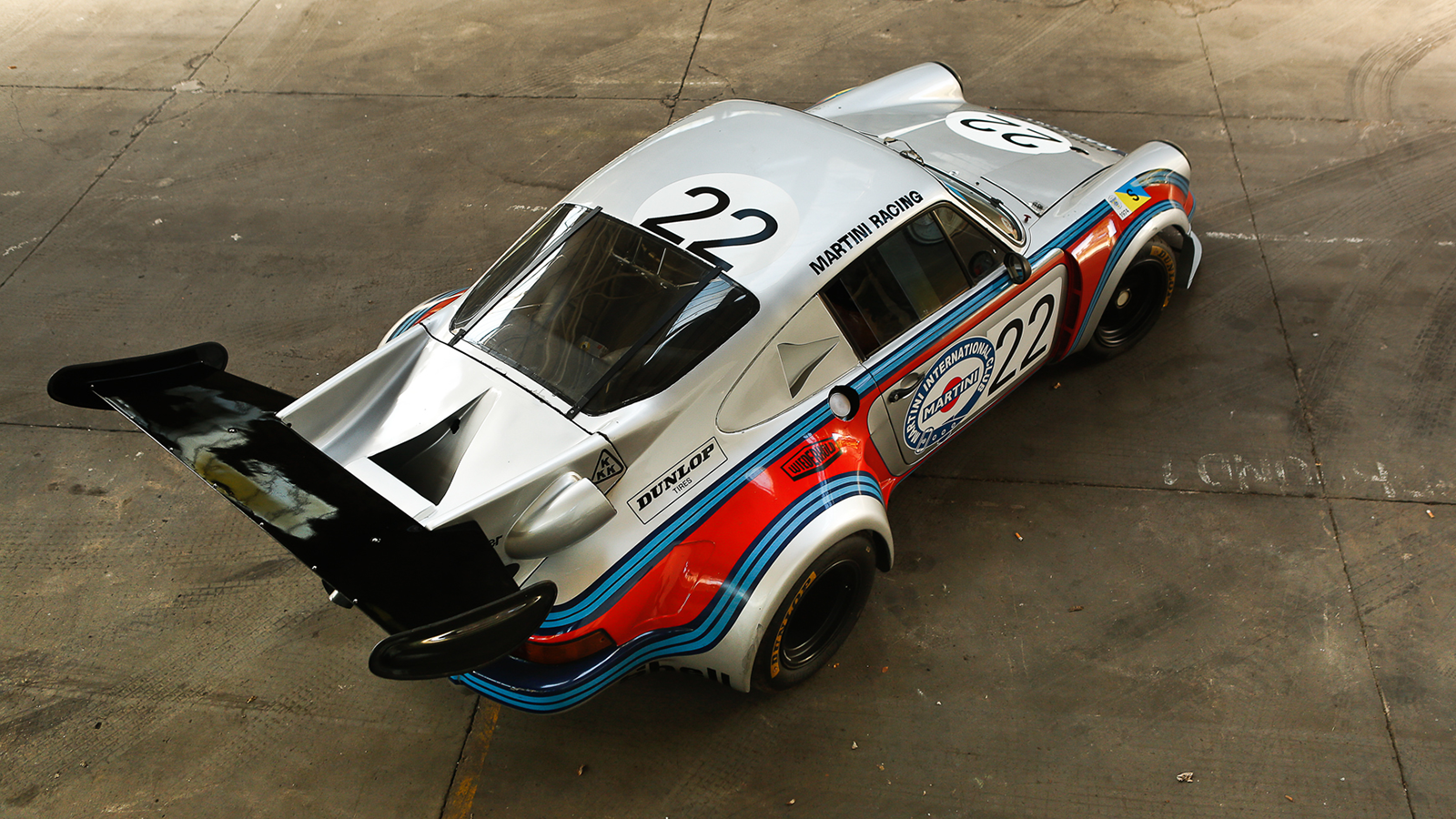 © Gooding & Company/Mathieu Heurtault
© Gooding & Company/Mathieu Heurtault -
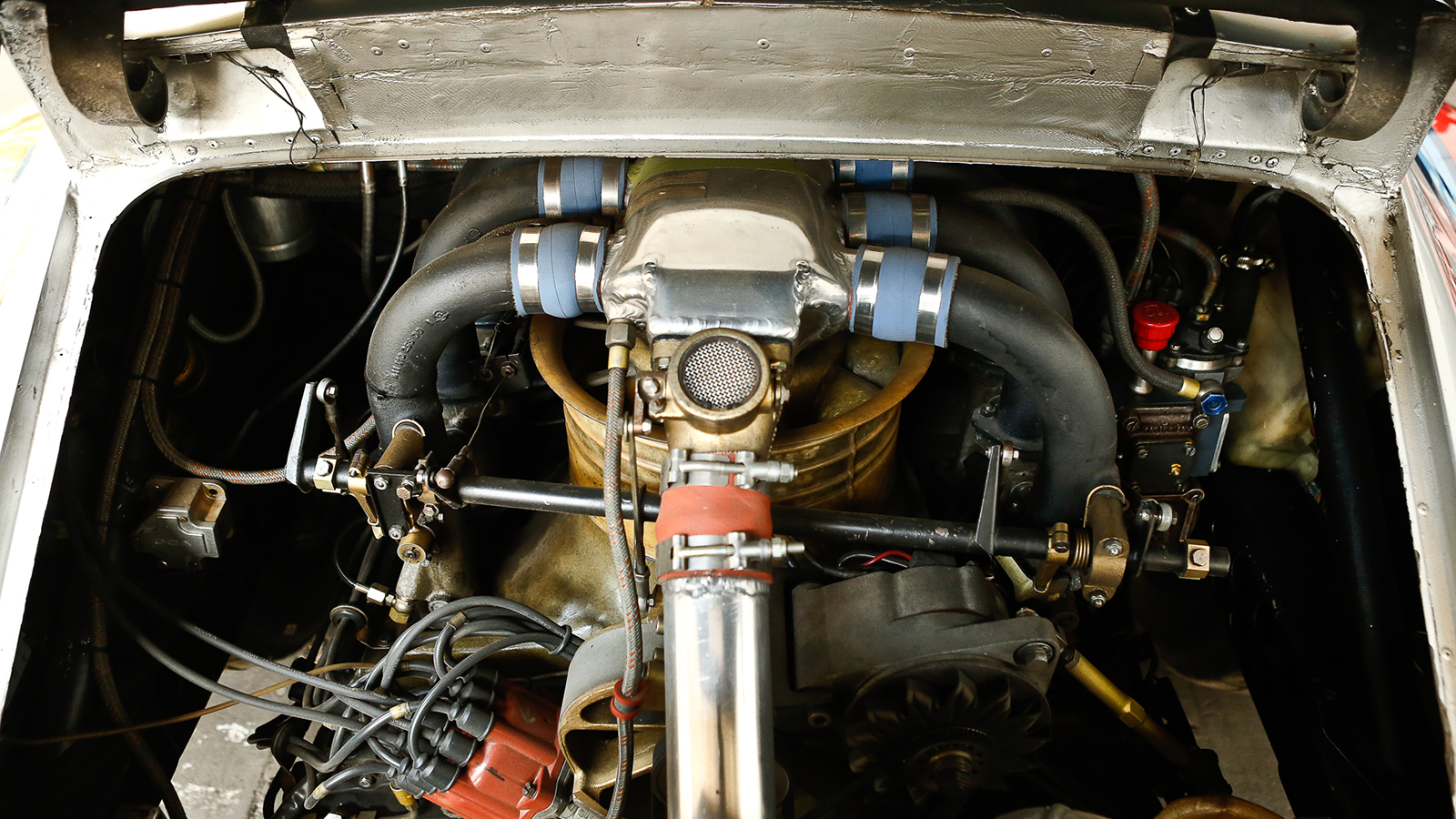 © Gooding & Company/Mathieu Heurtault
© Gooding & Company/Mathieu Heurtault -
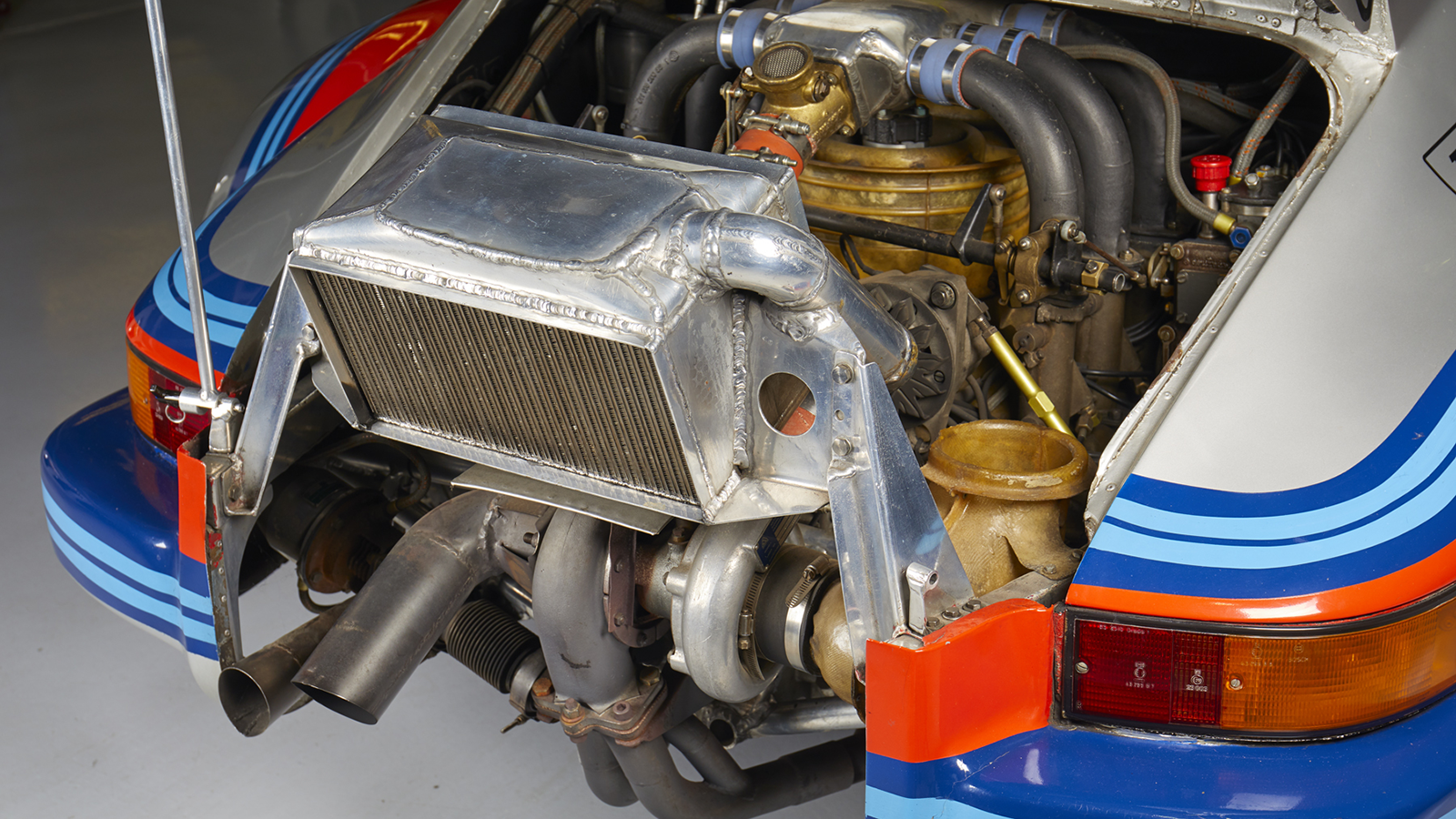 © Gooding & Company/Matt Howell
© Gooding & Company/Matt Howell -
 © Gooding & Company/Mathieu Heurtault
© Gooding & Company/Mathieu Heurtault -
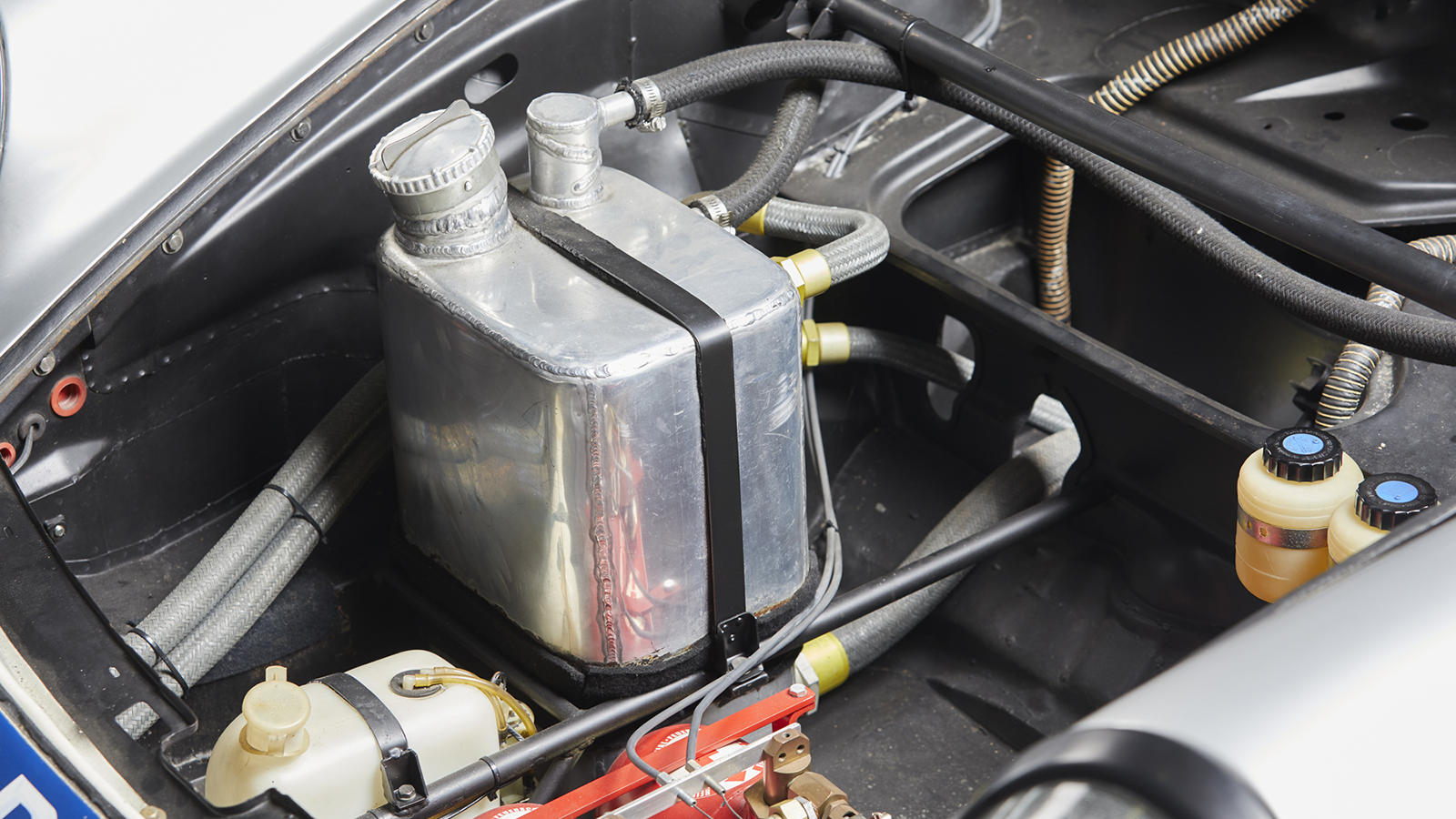 © Gooding & Company/Matt Howell
© Gooding & Company/Matt Howell -
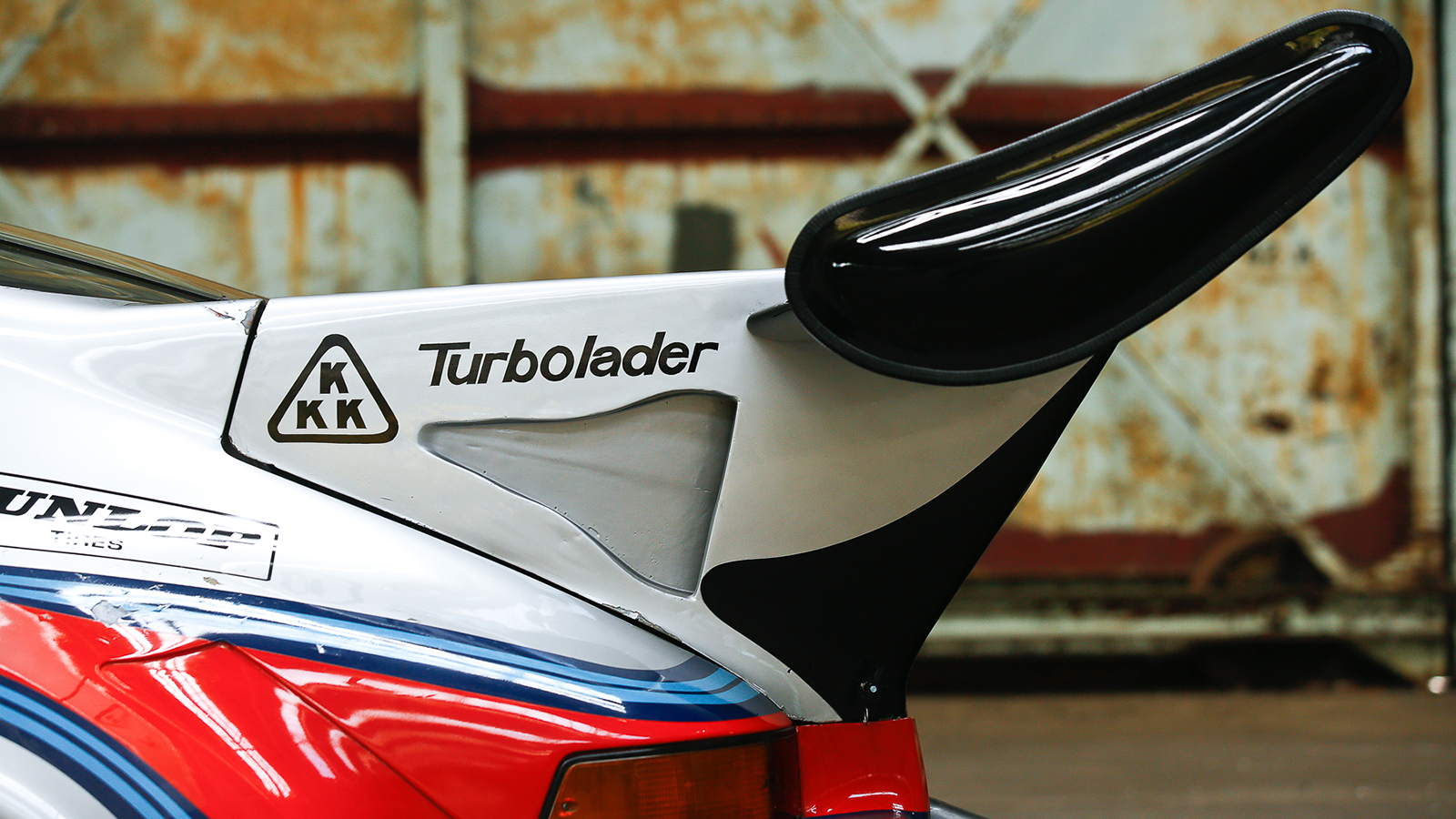 © Gooding & Company/Mathieu Heurtault
© Gooding & Company/Mathieu Heurtault -
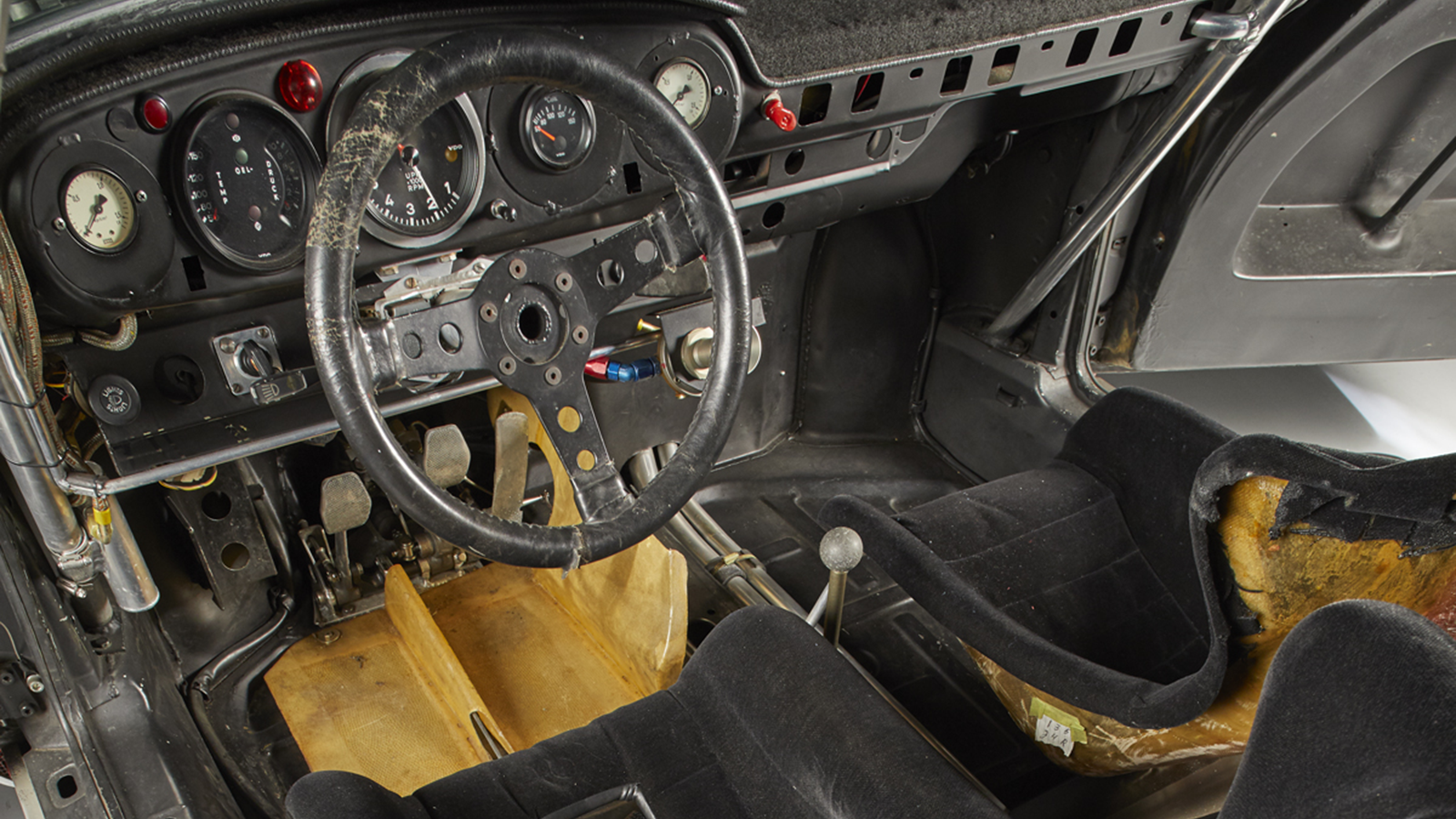 © Gooding & Company/Matt Howell
© Gooding & Company/Matt Howell -
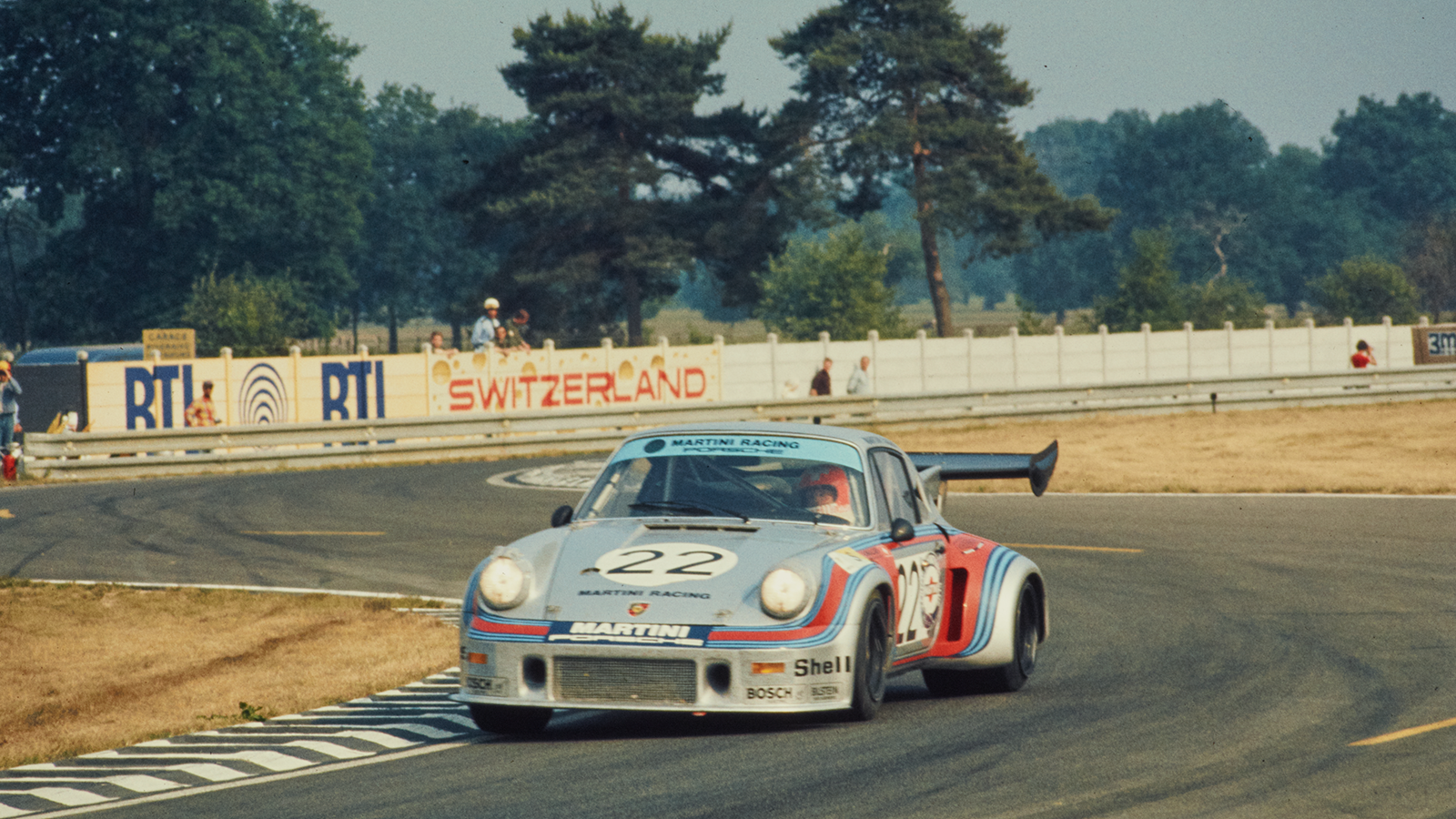 © Revs Institute
© Revs Institute -
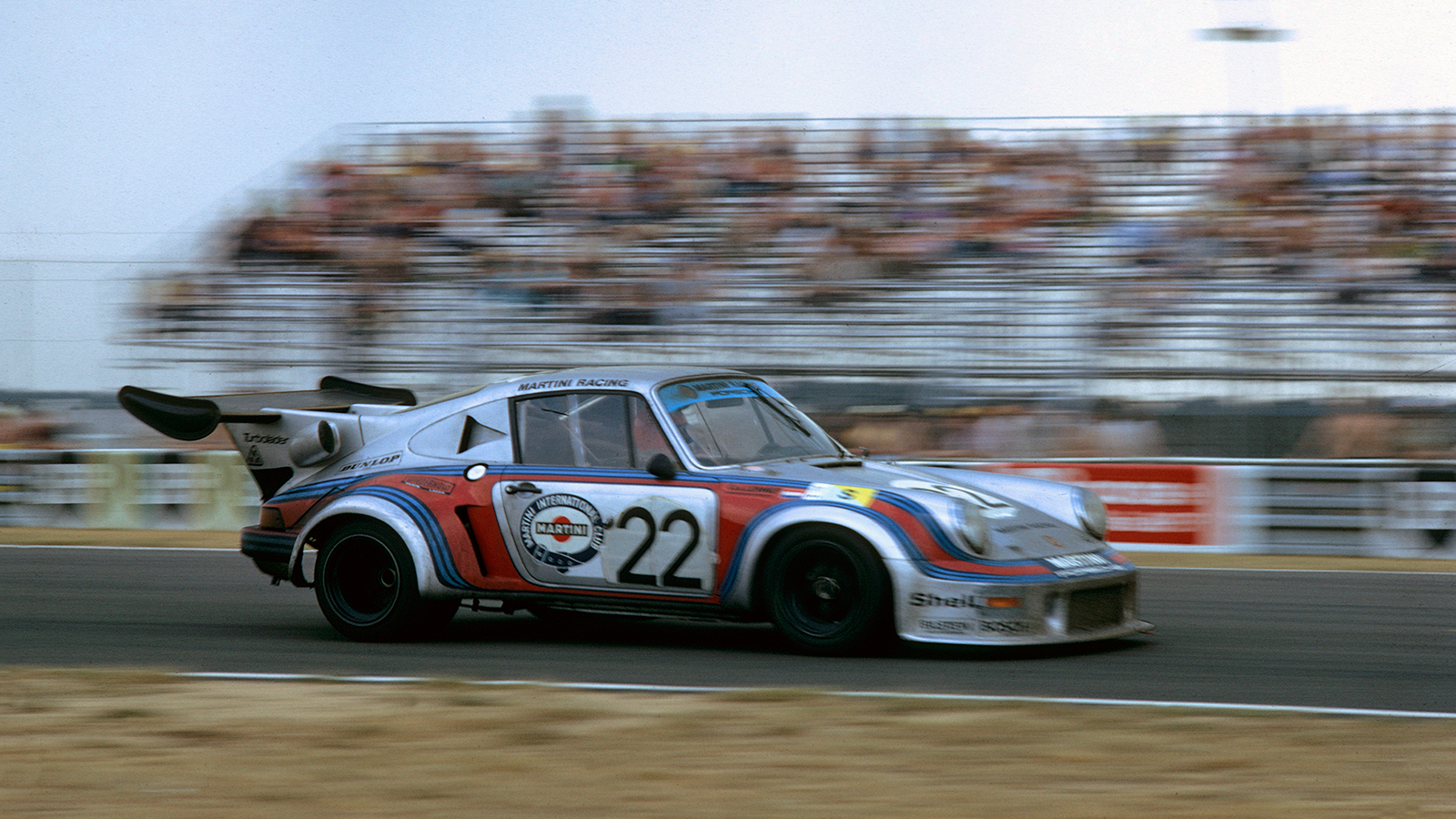 © DPPI
© DPPI -
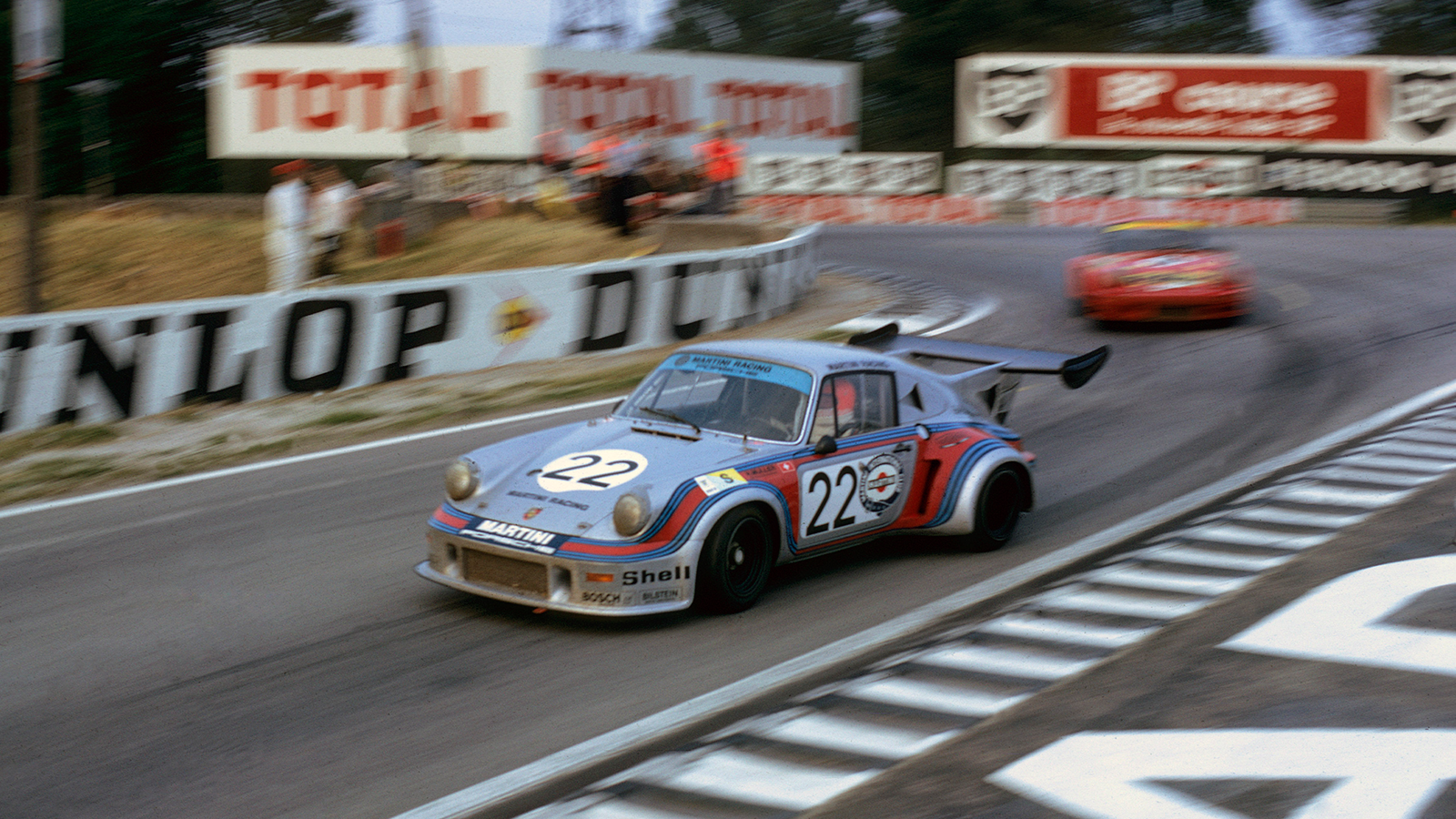 © DPPI
© DPPI -
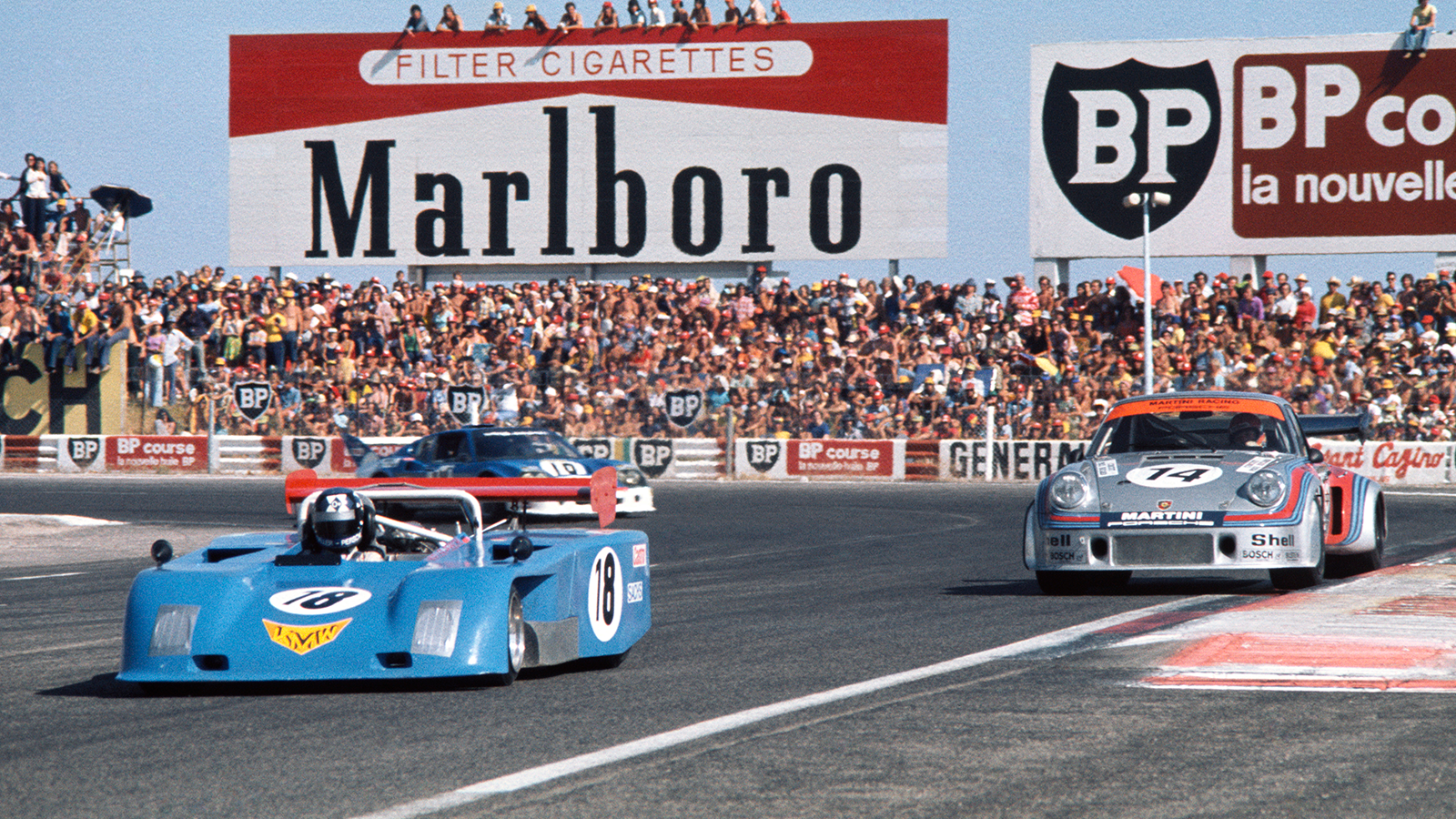 © LAT Images
© LAT Images -
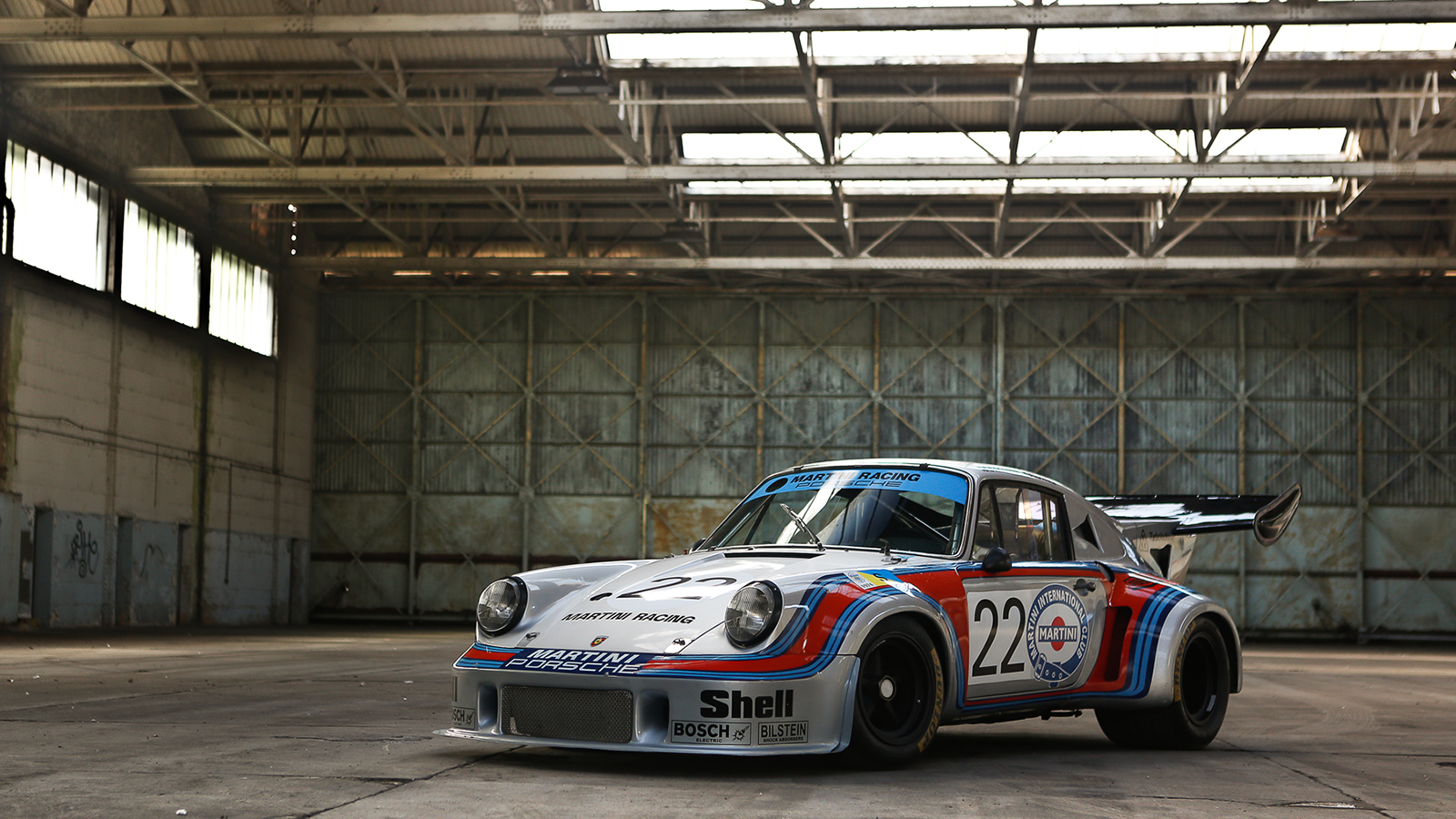 © Gooding & Company/Mathieu Heurtault
© Gooding & Company/Mathieu Heurtault -
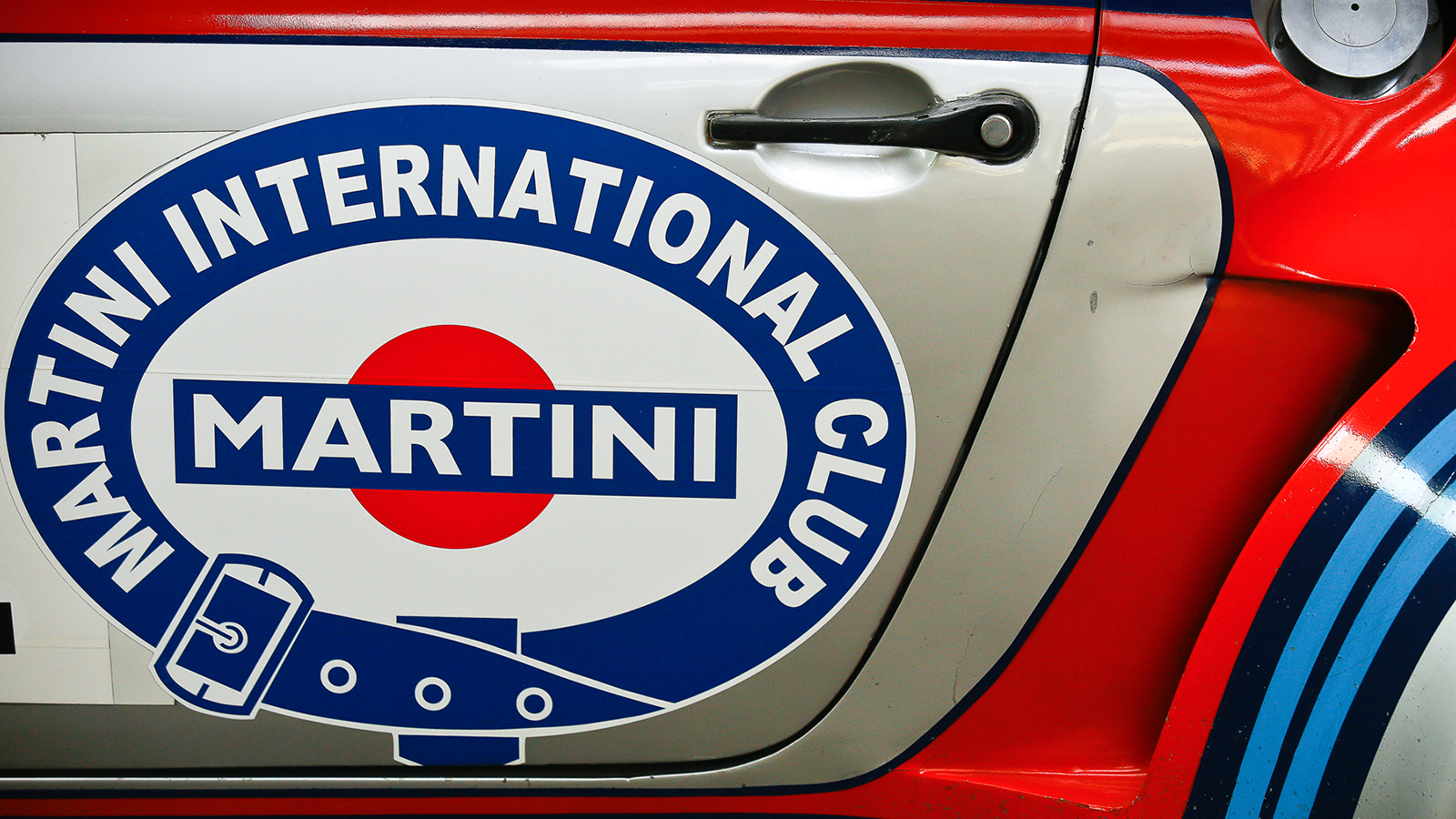 © Gooding & Company/Mathieu Heurtault
© Gooding & Company/Mathieu Heurtault -
 © Gooding & Company/Mathieu Heurtault
© Gooding & Company/Mathieu Heurtault
-
One of just four racing RSR 2.1 Turbo models ever made
Think of a Porsche 911 and one word instantly springs to mind: turbo.
That wasn’t always the case, though. Only in 1973 did the first turbocharged 911 break cover – and it was destined for the track.
The 911 Carrera RSR 2.1 Turbo rapidly became steeped in racing history, as it simultaneously dominated Europe’s sports car scene and heralded the start of the turbo era.
And now you can own a slice of that heritage. Bid wisely at Gooding & Company’s Amelia Island auction and this stunning RSR 2.1 could be yours... for a cool $6m (£4.35m)!
-
Broad shoulders
Unveiled at the Frankfurt Motor Show in September 1973, the first 911 Turbo was all flared wheel arches and massive rear wing. It looked mean before it even started moving.
-
Built to race
Developed from the established RSR platform, the new Turbo model was destined to race in the Group 5 category of the sports car World Championship.
-
Limited capacity
FIA Group 5 regulations meant it was limited to a 3-litre engine capacity. So Porsche got to work developing a bespoke 2.1-litre flat-six.
-
Turbo to go
Paired with a KKK turbocharger and Bosch fuel injection, that 2.1-litre motor could deliver in excess of 500bhp. …
-
Something new
Porsche fitted the new machine with many prototype parts, including a highly advanced lightweight suspension setup that helped make room for the monstrous rear tyres.
-
Strip diet
The shell was also stripped back, while the body was made lighter through copious use of glassfibre. A front-fitted oil tank also helped to manage weight distribution.
-
Downforce for days
Noticeably, the new RSR carried a pretty hefty rear wing, which delivered downforce in spades while also helping to channel air to the intercooler.
-
Small stable
Just four RSR 2.1 Turbos were built, of which the machine up for auction was both the last and most successful.
-
Factory runner
Labelled R13 (chassis number 911-460-9102), it competed in four rounds of the 1974 World Championship for the Martini-sponsored factory Porsche team.
-
Stiff competition
Its first outing in anger was at the biggest race of all, the 24 Hours of Le Mans, where it competed against machines from Matra, Mirage-Ford and Ferrari.
-
Straight to the podium
Despite gearbox issues and the retirement of its sister car, R13, driven by the team of Herbert Müller and Gijs van Lennep, managed to finish an astonishing second overall – and was within touching distance of the top spot right up to the last few laps.
-
Good form
It went on to place highly at Watkins Glen, Le Castellet and Brands Hatch, helping steer Porsche to a third place finish in the manufacturers’ championship.
-
Private Porsche
Raced in private hands in the late-'70s, R13 was then committed to storage for the best part of 20 years – until it resurfaced on the exhibition circuit at the end of the last century.
-
Well kept
As a result of its limited racing life, this rarest of Porsches remains in fantastic, entirely original and unrestored condition – right down to its iconic Martini livery.
-
Rare breed
With two of its sister cars in private collections and the third owned by Porsche, this is an ultra-rare opportunity to own arguably the most significant racing Porsche ever made – as long as you’ve got $6m (£4.35m) or so to part with.
